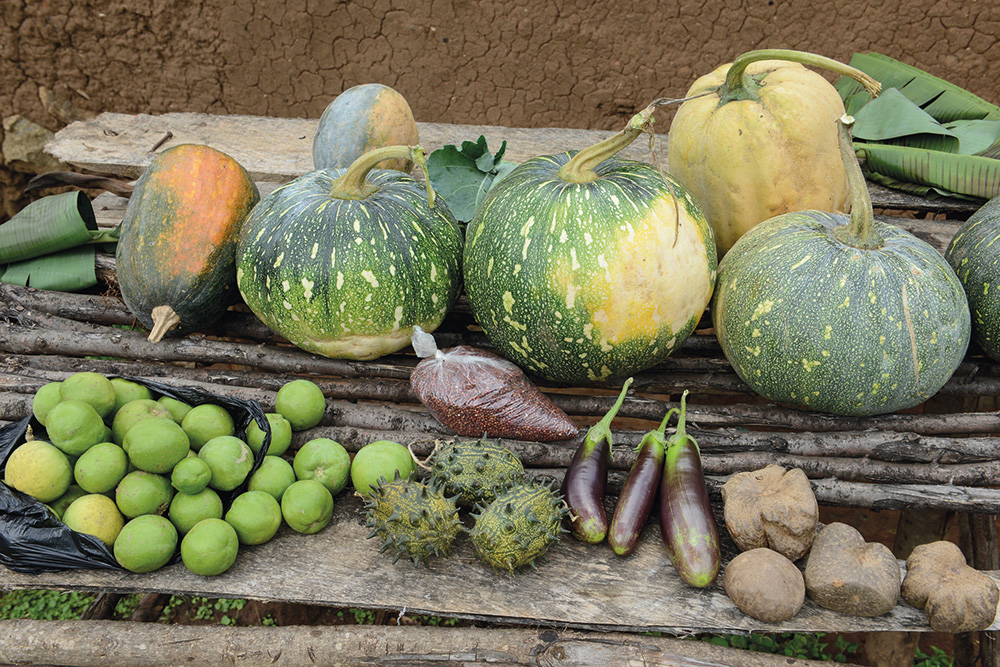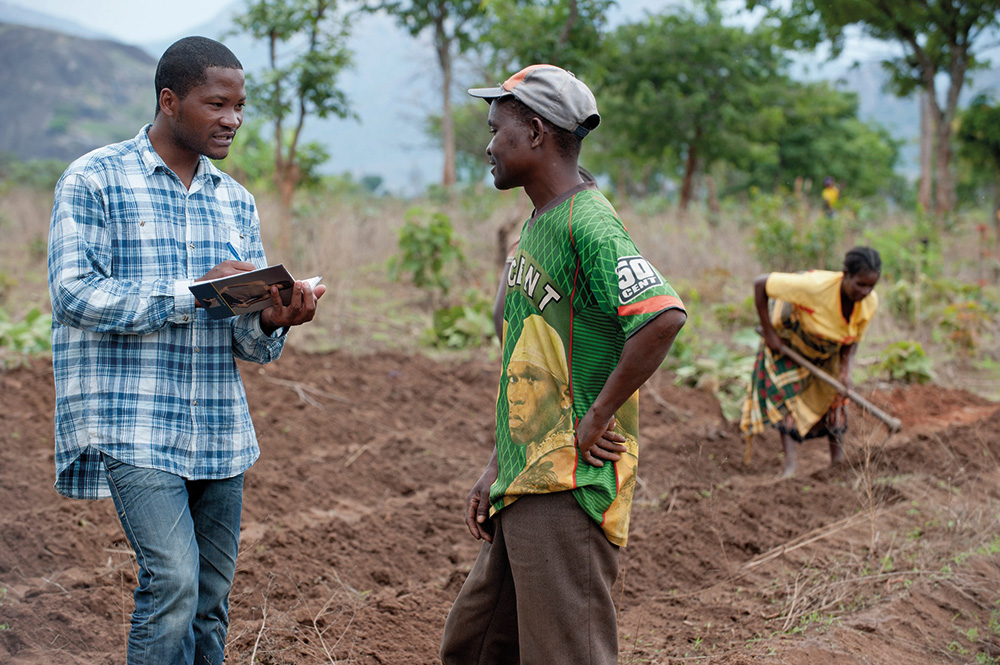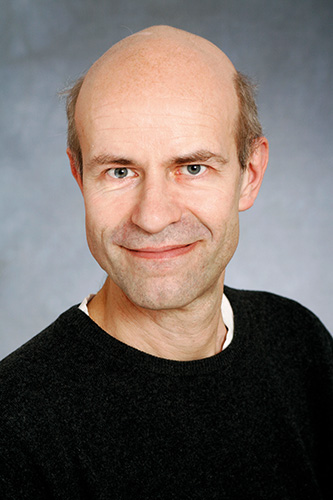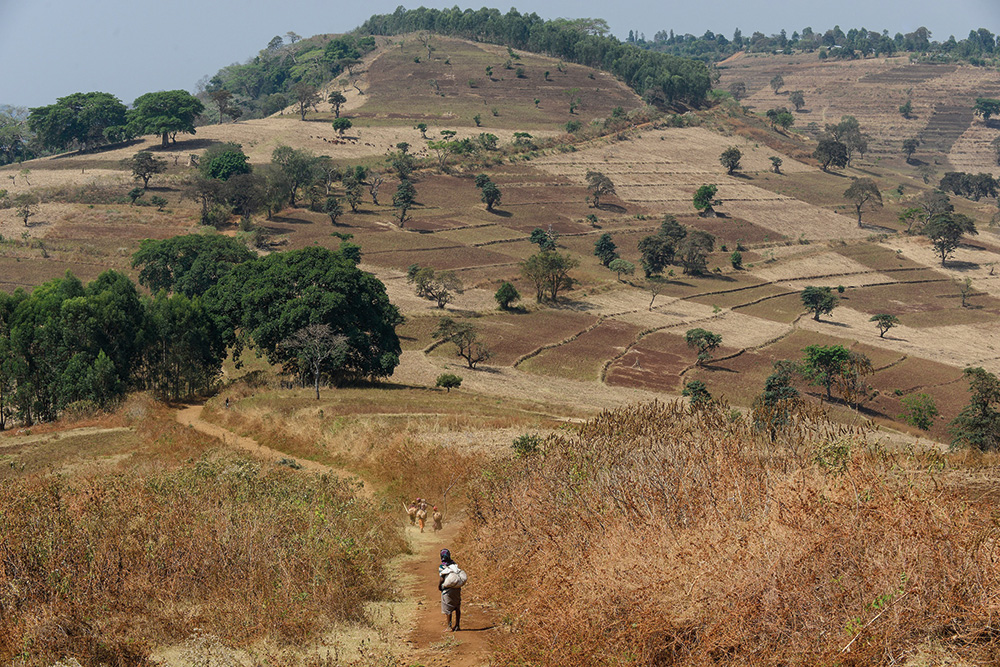DLG-Verlag was founded in 1952 as a subsidiary of DLG e.V. (Deutsche Landwirtschafts-Gesellschaft - German Agricultural Society) with its headquarter in Frankfurt/ Germany. The publishing company provides expertise for the agricultural and food sector.
With its subsidiaries Max-Eyth-Verlag and DLG-Agrofood Medien GmbH the DLG-Verlag offers books and magazines, as well as catalogs of the DLG's international DLG exhibitions.
Members:
Resources
Displaying 41 - 45 of 316The SDGs – a paradigm shift towards more equality
The Sustainable Development Goals differ radically from the current Millennium Development Goals in many aspects. Our author demonstrates the challenges that departing from a donor-oriented development framework poses – particularly for the North, and also with a view to its own development.
Fitter and healthier with traditional varieties
In Kenya, smallholders are improving the health of their families by growing local cereal varieties and indigenous vegetables. The use of traditional foods is even helping people with HIV/AIDS.
An ambitious post-2015 development agenda will depend on soils
The sustainable management of soils is crucial to achieving the Sustainable Development Goals. This is evidenced by the analysis of the role soils play across the proposed agenda. However, some key aspects have not been sufficiently considered so far. Moreover, the SDGs will place increased demand on soils. Further advocacy is therefore needed to ensure that important soil and land related issues remain in the final declaration of the post-2015 agenda.
Nature as a commodity, or: Does nature have a value?
Is it right to attach financial values to nature and to incorporate that valuation into the post-2015 agenda? Will such valuation help to protect species diversity and ecosystems? Or does it not rather harbour the risk that we cheerfully go on destroying nature since other aspects of the national accounts can be seen as compensation? Civil society is split on this issue. Our author points out why.
The Post-2015 Sustainable Development Goals: a historic opportunity
In September 2015, the Sustainable Development Goals (SDGs) are to be adopted in the context of the Post-2015 Agenda. In what way do the SDGs differ from the Millennium Development Goals? What does the community of states expect from their introduction? Our authors describe the background of the process and the latest developments in the debate.






